|
When I was a teenager, there was only one computer in our house. I remember listening to the modem cranking loudly to life whenever I was given time to use the internet, hoping that nobody would try to call the home phone and interrupt my connection. That wasn’t so long ago, but things have changed more than I could have imagined. Today many of us take fast, reliable internet for granted. But for millions of people living in the continent’s more remote, rural areas, connectivity is far from ubiquitous. US company SpaceX, founded by South African-born billionaire Elon Musk, says its Starlink service – which is currently available in Nigeria and Rwanda but will roll out elsewhere in Africa
soon – will open up access in those areas and beyond. Marian Selorm Sapah takes a look at the service and its potential.
Nigeria’s presidential and national assembly elections were nearly derailed by technology. The electoral commission could not fulfil its promise of uploading results from the polling units to the result-viewing portal. But as Abiodun Fatai explains, this should not be seen as failure: technology has made Nigeria elections better, even though there are still areas for improvement.
This weekend is the Cape Town Pride festival and the rainbow flag will be flying across the South African city. But some of the most powerful queer celebration and activism will be happening in a small independent cinema and not on the streets. Part of the festival is a screening of an award-winning South African documentary, Dance Me to the End of Time. This powerful, personal film by Melanie Chait traces the death by cancer of her life partner, theatre director and environmental activist Nancy Diuguid. In the process, writes Gibson Ncube, the focus on death reveals itself to be a celebration of life.
|
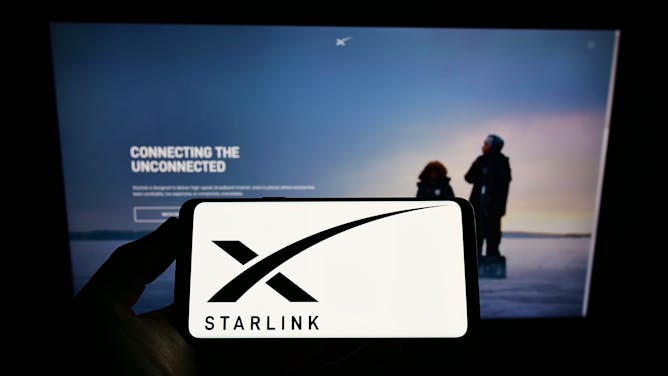
Marian Selorm Sapah, University of Ghana
Internet access opens up the world in many ways.
|
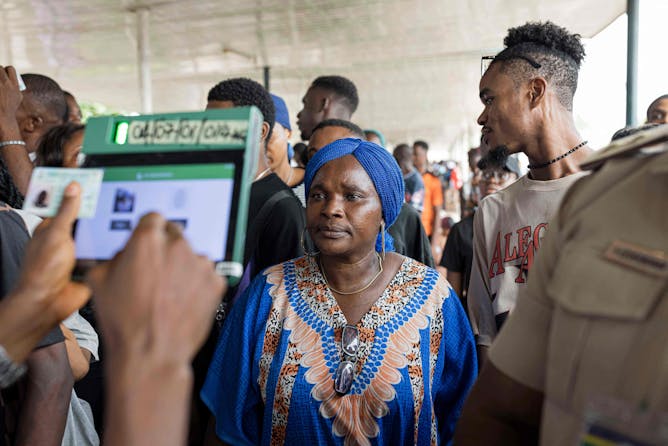
Abiodun Fatai, PhD, Lagos State University
The use of the Bimodal Voter Accreditation System or BVAS and the result-viewing portal IReV improved the running of the elections.
|
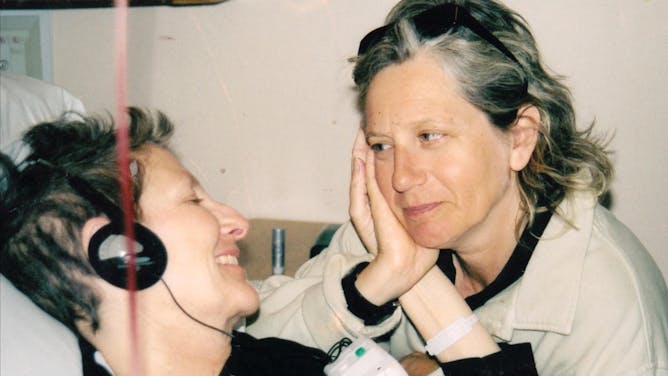
Gibson Ncube, Stellenbosch University
On at Cape Town Pride, Melanie Chait’s documentary is about her life partner Nancy Diuguid.
|
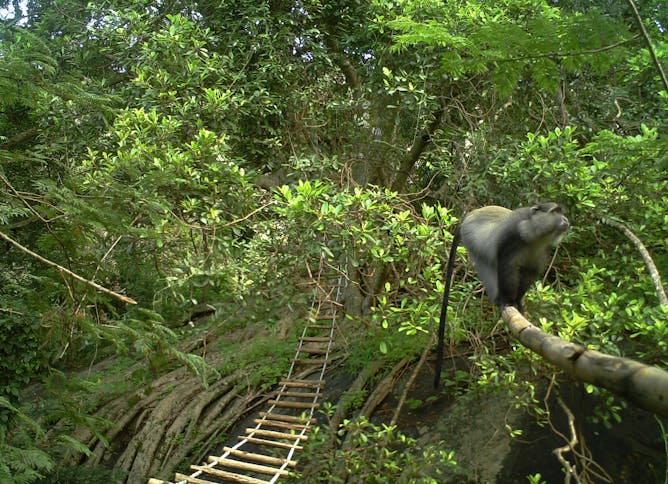
Birthe (Bibi) Linden, University of Venda; Wendy Collinson, University of Venda
Researchers encourage citizen scientists to contribute to datasets on animal deaths caused by infrastructure. This will inform efforts to reduce the human impact on biodiversity.
|
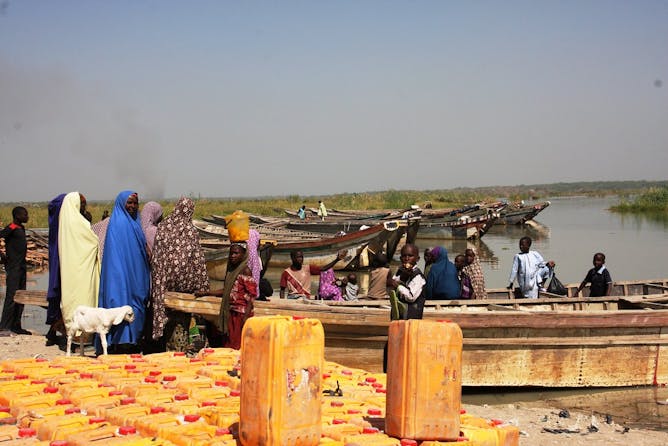
Modesta Tochukwu Alozie, University of Warwick
The insecurity in the area has serious implications for development and the well-being of people, especially young people.
|
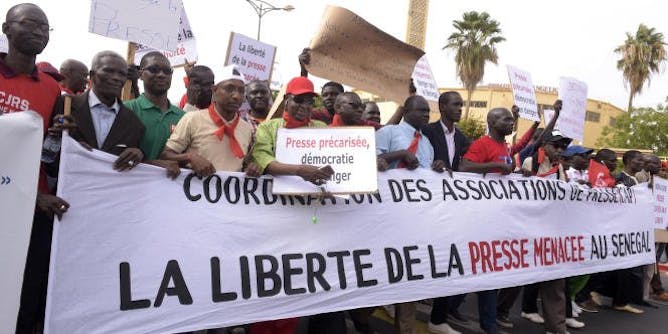
Simon Ngono, Université de la Réunion
La coupure du signal de Walf TV pose la question du retour rampant de la politique de la censure médiatique et du contrôle de la liberté de la presse, à moins d’un an de l’élection présidentielle.
|